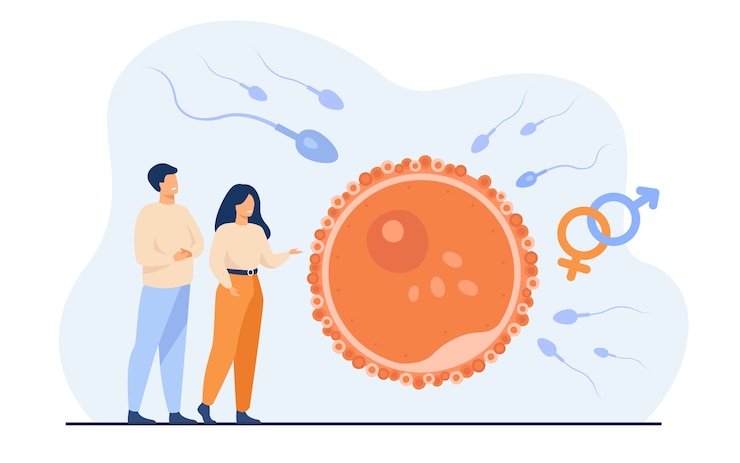
This article explores the possibilities of conceiving after 40, reasons behind declining fertility, ways to naturally boost fertility and improve egg quality, and available fertility treatments such as addressing fallopian tube issues.
How Egg Quality Impacts Fertility and IVF
Egg quality is a key factor in embryo health. The condition of an egg’s chromosomes significantly determines its quality. As women age, the likelihood of chromosomal issues increases. By age 30, about 30% of eggs have chromosomal defects. At 40, this number rises to 60%, and by 44, roughly 90% are abnormal.
To address this, preimplantation genetic testing for aneuploidy (PGT-A) can be done before transferring embryos to the uterus. This process screens embryos for chromosomal normality (euploidy), boosting the chances of successful implantation and a healthy live birth.
Fertility Treatments for Women Over 40
Fertility treatments, including intrauterine insemination (IUI), fertility medications, and in vitro fertilization (IVF), tend to be influenced by age. For women over 40, the success of fertility drugs combined with IUI is generally below 5% per cycle.
IVF as a Preferred Option After 40
IVF is typically more effective for women in their 40s. For instance, women using non-donor eggs in fresh embryo cycles have an IVF success rate of around 24% at certain fertility centers.
Conceiving Naturally Over 40
The chances of becoming pregnant naturally at 40 are approximately 5% per month. Additionally, age increases the likelihood of infertility and genetic abnormalities. For example, women aged 40 to 44 experience infertility at a rate of 29%, much higher than 15% in women aged 30 to 34, or 7% for women aged 20 to 24.
The risk of passing on genetic conditions such as Down Syndrome also rises with age. A woman at 40 has a 1 in 106 chance of having a baby with Down Syndrome, compared to a 1 in 378 chance at age 35. There is also a higher risk of miscarriage as women age. Miscarriage rates increase from 10% for women aged 20-24 to 34% for those aged 40-44 and over 50% for women aged 45-55.
In summary, while fertility declines with age, options like IVF, genetic testing, and other treatments can increase the chances of conceiving and having a healthy pregnancy even in your 40s.